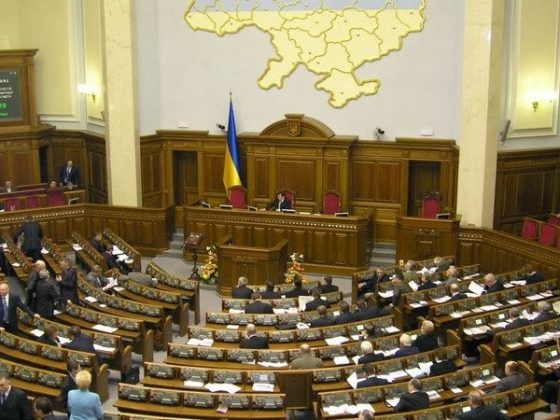(National Review – "Western Policy, Post-Crimea") By all accounts, Vladimir Putin appears to be winning. Over the past month, Russia’s wily president has managed to orchestrate the asymmetric invasion of a neighboring state (Ukraine) and annex a new territory into the Russian Federation (Crimea). In the process, he has presented the first serious challenge to the post–Cold War political order in Europe since the collapse of the Soviet Union more than two decades ago. The real question now, say defense analysts such as Pavel Baev of the Peace Research Institute in Oslo, is whether the Kremlin has the “guns” and the “guts” to keep pursuing his neo-imperial ambitions.
On the first score, the answer is unclear. Moscow has already forward deployed considerable forces along its common border with Ukraine — perhaps as many as 100,000 troops, if Ukrainian estimates are to be believed. Even so, Ukraine is far larger in size than is Crimea, and a Russian incursion into the latter could prove difficult because of topography, as well as the shortcomings of the Russian military itself. That may be why Russian officials have begun calling for a “federalization” of Ukraine as a way to forestall further military action. If accepted, such a proposal would give the Kremlin what it wants — a lasting erosion of Ukrainian sovereignty — without further shots being fired. […]
See the full article © The National Review Online











